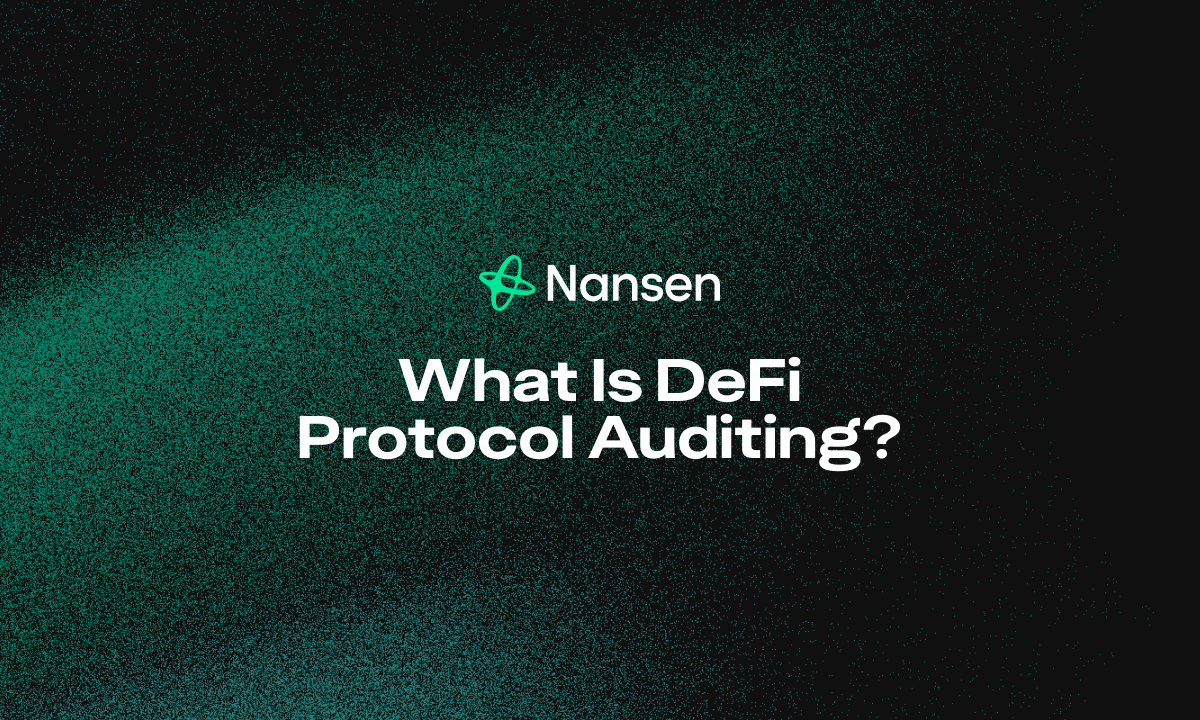DeFi protocol auditing is a comprehensive security assessment process where specialized firms examine smart contract code for vulnerabilities before it goes live on a blockchain. Think of it as a thorough inspection of your investment's foundation.
These audits involve both automated code review tools and manual code inspection by security experts who understand the unique challenges of blockchain security. The goal? To identify and fix potential security flaws before hackers can exploit them.
According to CipherTrace, over $1.9 billion was stolen in DeFi hacks in 2021 alone. Many of these attacks could have been prevented with proper auditing.
How DeFi Smart Contracts Are Audited
The auditing process typically follows these stages:
- Specification review - Auditors examine the protocol's intended behavior
- Automated scanning - Tools identify common vulnerability patterns
- Manual code inspection - Expert auditors review code line-by-line
- Formal verification - Mathematical proofs verify code behaves as expected
- Testing - Including fuzz testing to find edge cases
- Reporting - Documentation of findings and remediation recommendations
Audits specifically look for common smart contract vulnerabilities like reentrancy attacks (which drained $60 million from The DAO in 2016), integer overflow issues, and access control weaknesses.
The Benefits of Protocol Audits
A thorough smart contract audit provides several key benefits:
- Risk reduction - Identifies vulnerabilities before hackers do
- User trust - Shows commitment to security
- Investor confidence - Signals professional development practices
- Insurance eligibility - Many DeFi insurance providers require audits
- Regulatory compliance - Helps meet emerging regulatory requirements
Key takeaway: Protocol audits aren't just technical exercises — they're essential risk management tools for both developers and investors.
Top DeFi Auditing Firms
Not all audits are created equal. The reputation of the auditing firm matters significantly. Some of the most respected names include:
- CertiK
- Trail of Bits
- ConsenSys Diligence
- OpenZeppelin
- ChainSecurity
- Quantstamp
When evaluating a DeFi project, check if it has been audited by one of these established firms rather than an unknown entity.
Reading a Security Audit Report
A security audit report typically contains:
- Executive summary - Overall assessment and major concerns
- Methodology - How the audit was conducted
- Findings - Vulnerabilities categorized by severity
- Recommendations - Suggested fixes for identified issues
- Scope limitations - What wasn't covered in the audit
Key takeaway: Don't just check if a project was audited — read the actual audit report to understand the specific vulnerabilities that were found and whether they were fixed.
Limitations of Audits
While essential, smart contract audits aren't perfect:
- They can't guarantee 100% security
- Audits are a snapshot in time — new vulnerabilities may emerge
- They may not catch complex economic exploits
- Different auditors may find different issues
This is why many projects complement audits with bug bounty programs, offering rewards to ethical hackers who find and report vulnerabilities.
How to Use Audit Information as an Investor
As a crypto investor, here's how to leverage audit information:
- Verify audits - Check the project's website or GitHub for audit reports
- Research the auditor - Ensure they're reputable
- Read the findings - Pay attention to critical vulnerabilities
- Check for fixes - Ensure identified issues were addressed
- Look for multiple audits - The best projects undergo several independent reviews
Key takeaway: Make audits part of your investment due diligence—projects without them carry significantly higher risk.
Answering Your Common Questions
What is a DeFi protocol audit and why is it important?
A DeFi protocol audit is a security assessment of smart contract code to identify vulnerabilities. It's important because code flaws can lead to catastrophic fund losses in DeFi projects.
How are DeFi smart contracts audited for security?Through a combination of automated tools, manual code inspection by security experts, formal verification techniques, and extensive testing procedures.
What vulnerabilities do DeFi audits commonly find?
Reentrancy attacks, integer overflow/underflow issues, access control weaknesses, logic errors, and economic design flaws that could be exploited.
How much does a DeFi protocol audit cost?
Typically between $15,000 and $500,000 depending on code complexity, auditor reputation, and timeline requirements.
How often should DeFi projects undergo audits?
Initially before launch and then after any significant code changes or upgrades. Many projects conduct annual audits as a best practice.
Conclusion
DeFi protocol auditing isn't just technical jargon — it's your first line of defense against losing your investment to hackers or code failures. By understanding what goes into an audit and how to interpret audit reports, you can make smarter investment decisions in the DeFi space.
Remember: in traditional finance, you trust institutions. In DeFi, you trust code. And code is only as secure as its last audit.



